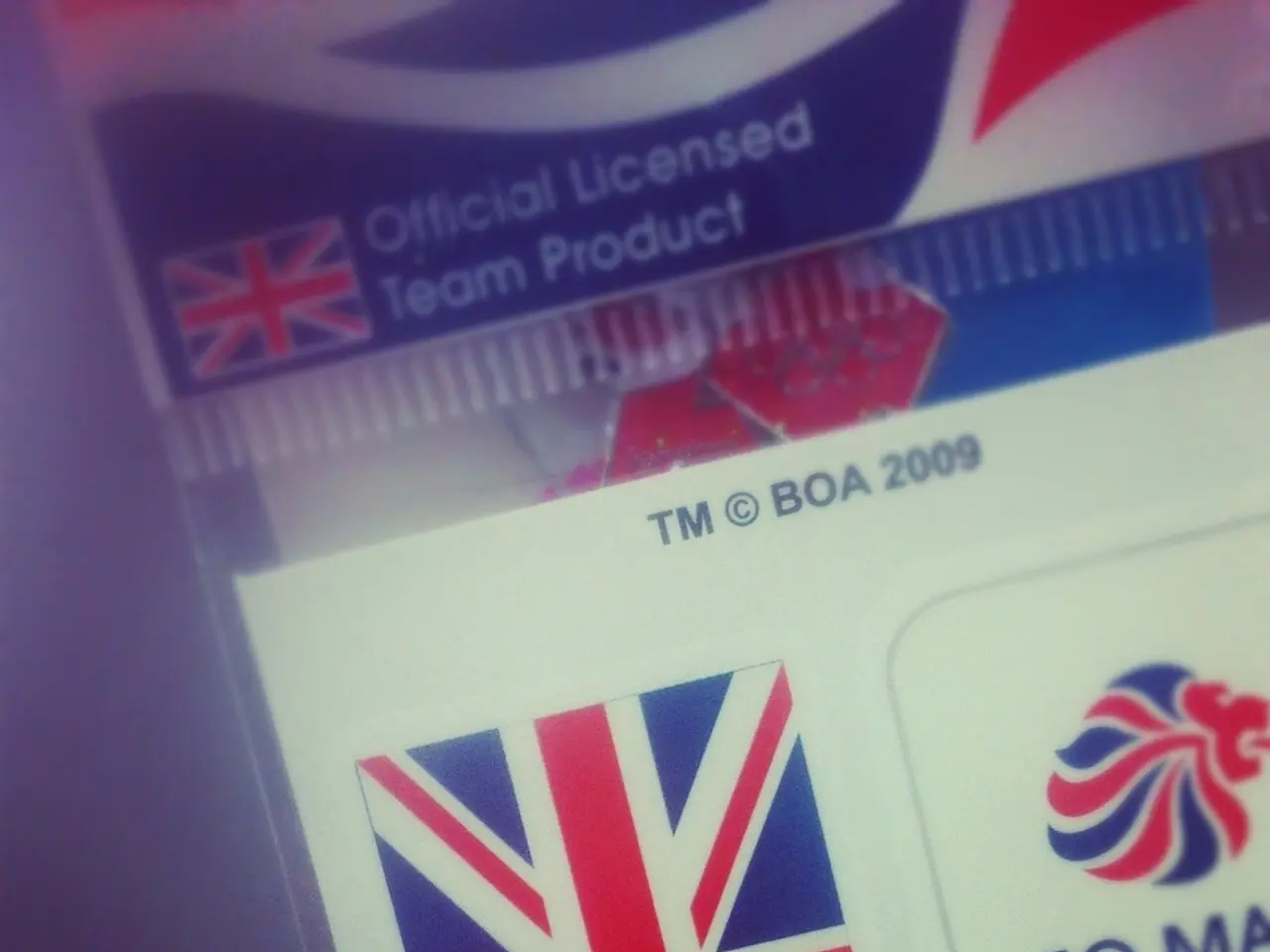AI Combination under EU Competition Regulations
In the rapidly evolving world of artificial intelligence (AI), competition authorities in major jurisdictions are adapting traditional merger control laws to review partnerships and acquisitions involving generative foundation models. This shift comes as global investment in AI surged to an impressive USD 252 billion in 2024, marking a thirteen-fold increase since 2014.
The European Commission (EC) has been at the forefront of integrating AI-specific considerations under broader competition rules. The AI Act, set to establish compliance and transparency standards for foundation models, does not directly regulate mergers. However, the EC scrutinises M&A deals that could potentially reduce competition, especially when dominant firms seek to acquire or partner with startups controlling foundational AI models or key datasets. Transparency about model architectures, data use, and licensing is emphasised to prevent anticompetitive consolidation of AI capabilities.
Across the Atlantic, the US Federal Trade Commission (FTC) is actively monitoring AI industry mergers and partnerships. The FTC's 2025 joint statement warns against dominant firms gaining privileged access that could stifle competition through quasi-acquisitions or serial deals. The FTC probes partnerships that resemble mergers and may impose restrictions or expanded merger review procedures such as heightened Hart-Scott-Rodino (HSR) scrutiny for “quasi-mergers” in AI.
The UK Competition and Markets Authority (CMA) follows a similar approach, evaluating AI deals through the lens of competition effects, assessing if acquisitions lead to undue concentration of AI talent, models, or data resources, while adapting traditional frameworks to AI-specific contexts.
However, applying traditional merger frameworks to generative AI deals presents significant challenges. AI markets evolve rapidly, so merger reviews must consider future competitive potential and innovation incentives, complicating traditional static analyses. Valuing intangible assets, such as foundation models, datasets, and algorithms, is another challenge, as they are not easily appraised under historic financial metrics.
Control over datasets or training compute creates gatekeeper power, and existing merger laws may not fully capture these non-price competition issues and network effects. Additionally, differentiating open-source AI models (which may be exempt or less restricted) from commercial or monetized models complicates competitive assessment under merger rules.
Despite these challenges, ongoing policy developments reflect efforts to close gaps and clarify expectations for the rapidly evolving AI merger landscape. For instance, the EU AI Act and evolving US FTC guidance aim to provide more clarity. In July 2024, four key competition regulators—the EC, the UK CMA, the US Department of Justice (DOJ), and the Federal Trade Commission (FTC)—signed a joint statement on competition in generative AI foundation models and AI products.
The EC has also committed to closely monitoring big tech companies' investments in and acquisitions of smaller players developing AI foundation models. In September 2024, the EC published a competition policy brief focusing on potential competition issues in AI and virtual worlds.
Recently, the UK CMA concluded that the broader partnership between Microsoft and OpenAI gave Microsoft material influence over OpenAI's commercial policy. However, the EC found that Microsoft's firing and re-hiring of OpenAI's CEO and the arrangement giving Microsoft an observatory seat on OpenAI's board did not give Microsoft control over OpenAI.
Jurisdictional issues persist, as EU merger control is not always able to capture deals in the AI sector because many do not result in a lasting change of control or the companies involved do not meet the relevant revenue thresholds. Nonetheless, the EC and EU national competition authorities have several ways to screen deals, including EU Merger Control.
As the AI landscape continues to evolve, competition regulators will need to navigate these challenges to ensure a competitive and innovative market.
- Regulators recognise that investing in AI requires careful assessment of M&A deals, as the European Commission (EC) has expressed concern about dominant firms acquiring startups controlling foundational AI models or key datasets, potentially limiting competition.
- In response to the rapid growth in AI investments, competition authorities such as the Federal Trade Commission (FTC) in the USA, the UK Competition and Markets Authority (CMA), and the EU's European Commission are exploring expanded merger review procedures and joint statements to address anticompetitive consolidation of AI capabilities in the finance, technology, and business sectors.




